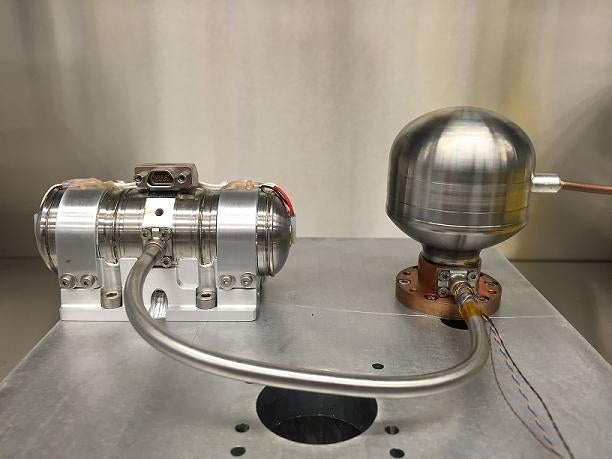
Lockheed Martin has developed an enhanced micro-cryocooler that cools optics and electronics on small science satellites orbiting the Earth and on missions to the outer planets.
Compared with its predecessor, the new cryocooling system has three-times the power density, the company said.
The high-power micro-cryocooler operates as a refrigerator and is designed to work for more than ten years.
To identify their functionalities, electronic instruments such as satellite sensors and cameras need to be cooled to temperatures as low as -195°C, Lockheed said.
Weighing less than a pound, the new micro-cryocooler offers more than 150W per kilogram, while other space-rated cryocoolers deliver a rating of 30W to 60W per kilogram.
The system is said to support compact IR sensor systems and advanced sensor configurations to facilitate capture of very high-resolution images.
How well do you really know your competitors?
Access the most comprehensive Company Profiles on the market, powered by GlobalData. Save hours of research. Gain competitive edge.

Thank you!
Your download email will arrive shortly
Not ready to buy yet? Download a free sample
We are confident about the unique quality of our Company Profiles. However, we want you to make the most beneficial decision for your business, so we offer a free sample that you can download by submitting the below form
By GlobalDataLockheed Martin advanced technology centre research scientist Dr Jeffrey Olson said: "The high-power microcryocooler is making a large impact for small products.
"Our previous design was a revolution in size, and now we’re taking it further and packing it with increased power.
"This will make a difference for technology in space, on naval ships and aboard aircraft."
Image: Lockheed Martin’s high power micro-cryocooler cools small science satellites. Photo: courtesy of Lockheed Martin Corporation.


